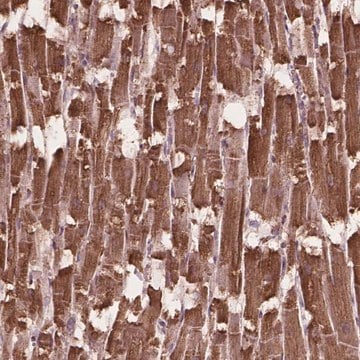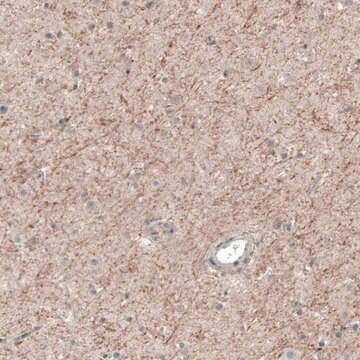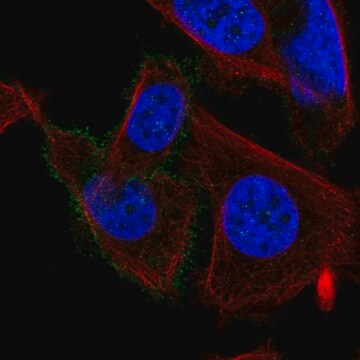SAB1304901
ANTI-CCL22 (CENTER) antibody produced in rabbit
IgG fraction of antiserum, buffered aqueous solution
Sinónimos:
C-C motif chemokine 22, CCL22, MDC, SCYA22
About This Item
Productos recomendados
antibody form
IgG fraction of antiserum
Quality Level
antibody product type
primary antibodies
clone
polyclonal
form
buffered aqueous solution
mol wt
10625 Da
species reactivity
human
technique(s)
western blot: 1:250-1:500
NCBI accession no.
UniProt accession no.
shipped in
wet ice
storage temp.
−20°C
target post-translational modification
unmodified
Gene Information
human ... CCL22(6367)
General description
Biochem/physiol Actions
Physical form
Disclaimer
¿No encuentra el producto adecuado?
Pruebe nuestro Herramienta de selección de productos.
Storage Class
10 - Combustible liquids
wgk_germany
nwg
flash_point_f
Not applicable
flash_point_c
Not applicable
Certificados de análisis (COA)
Busque Certificados de análisis (COA) introduciendo el número de lote del producto. Los números de lote se encuentran en la etiqueta del producto después de las palabras «Lot» o «Batch»
¿Ya tiene este producto?
Encuentre la documentación para los productos que ha comprado recientemente en la Biblioteca de documentos.
Nuestro equipo de científicos tiene experiencia en todas las áreas de investigación: Ciencias de la vida, Ciencia de los materiales, Síntesis química, Cromatografía, Analítica y muchas otras.
Póngase en contacto con el Servicio técnico





